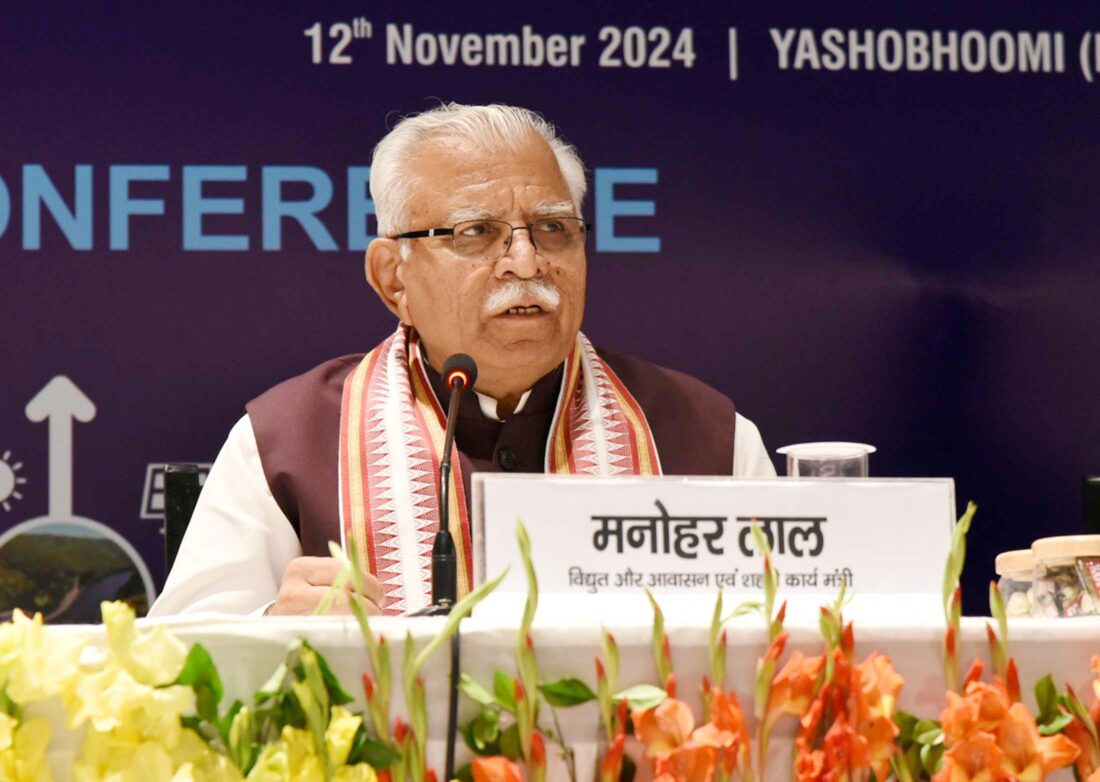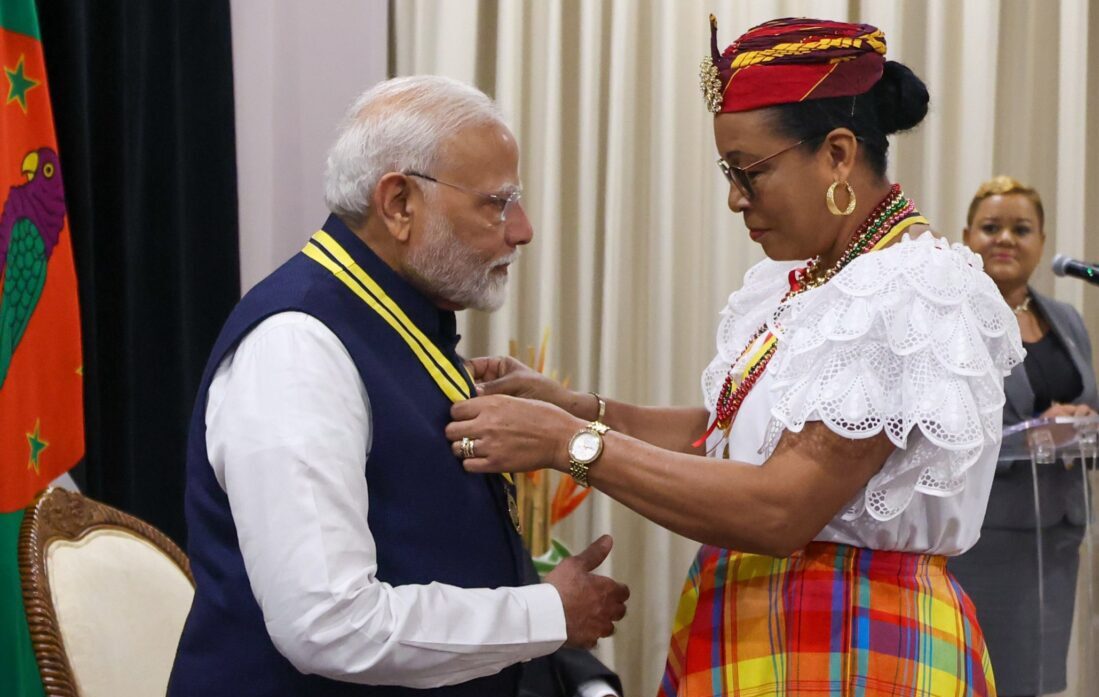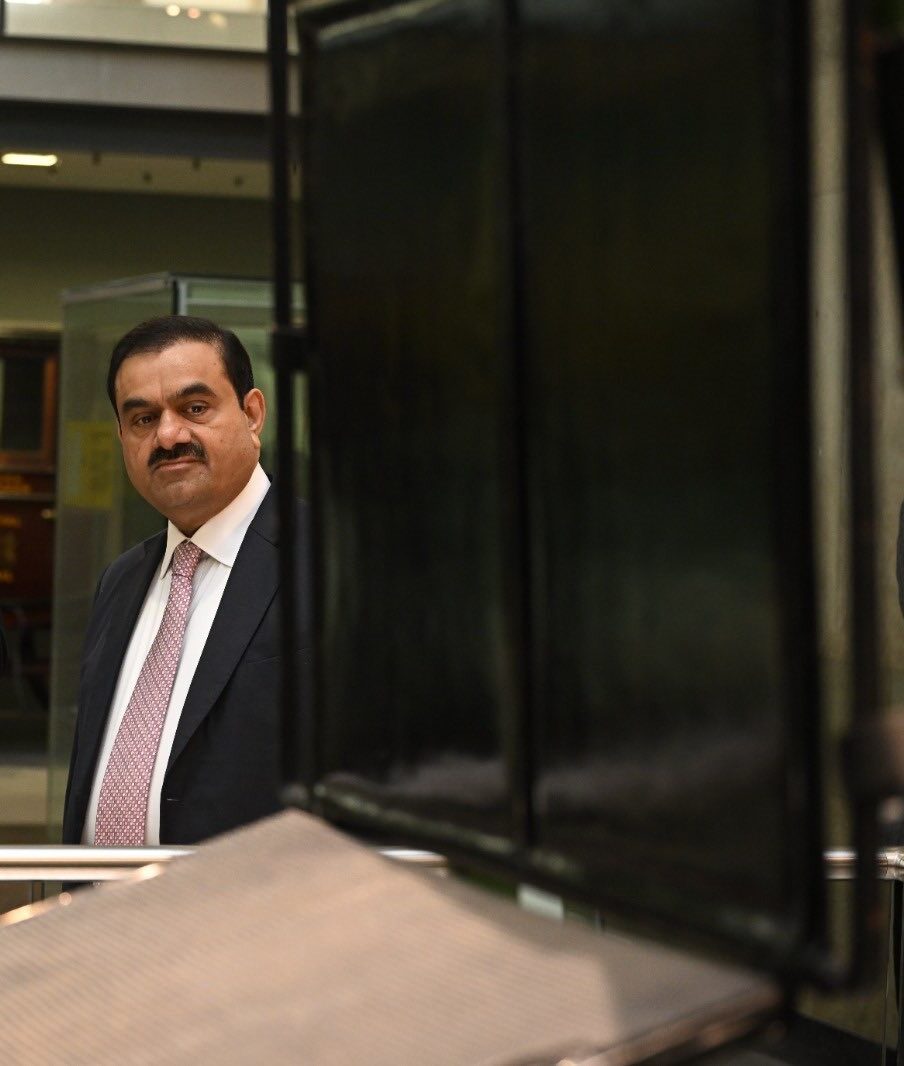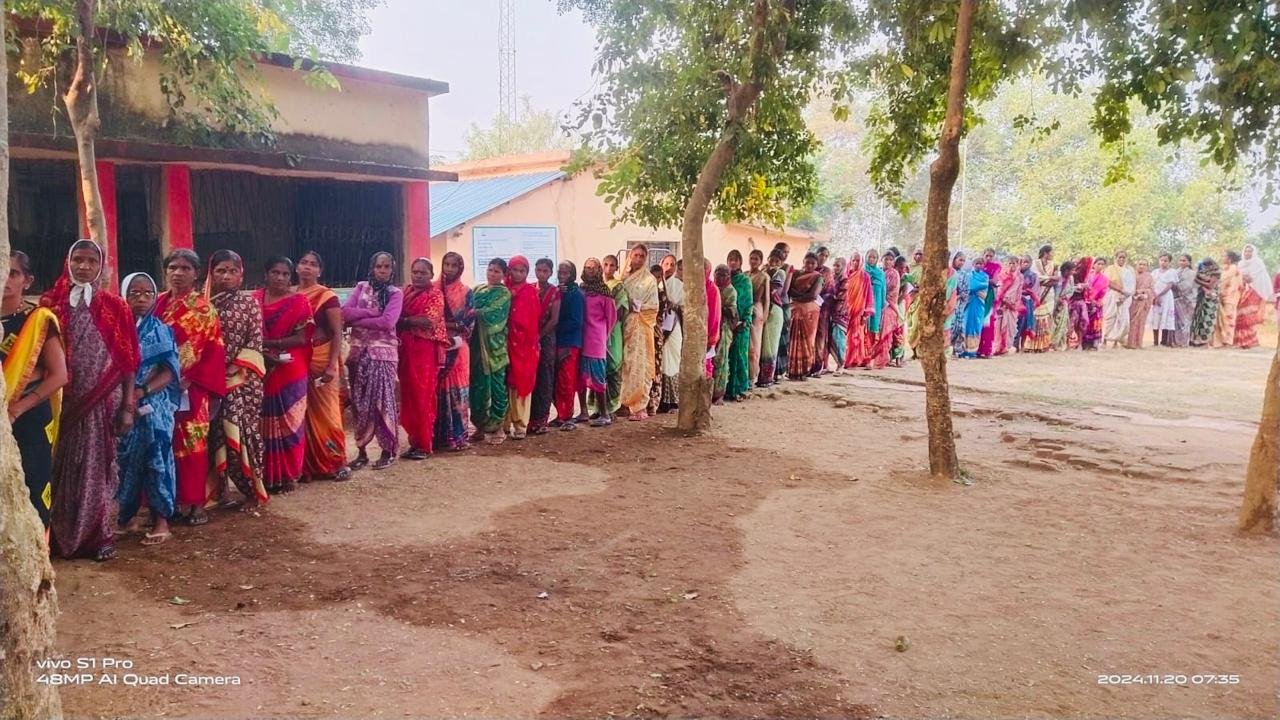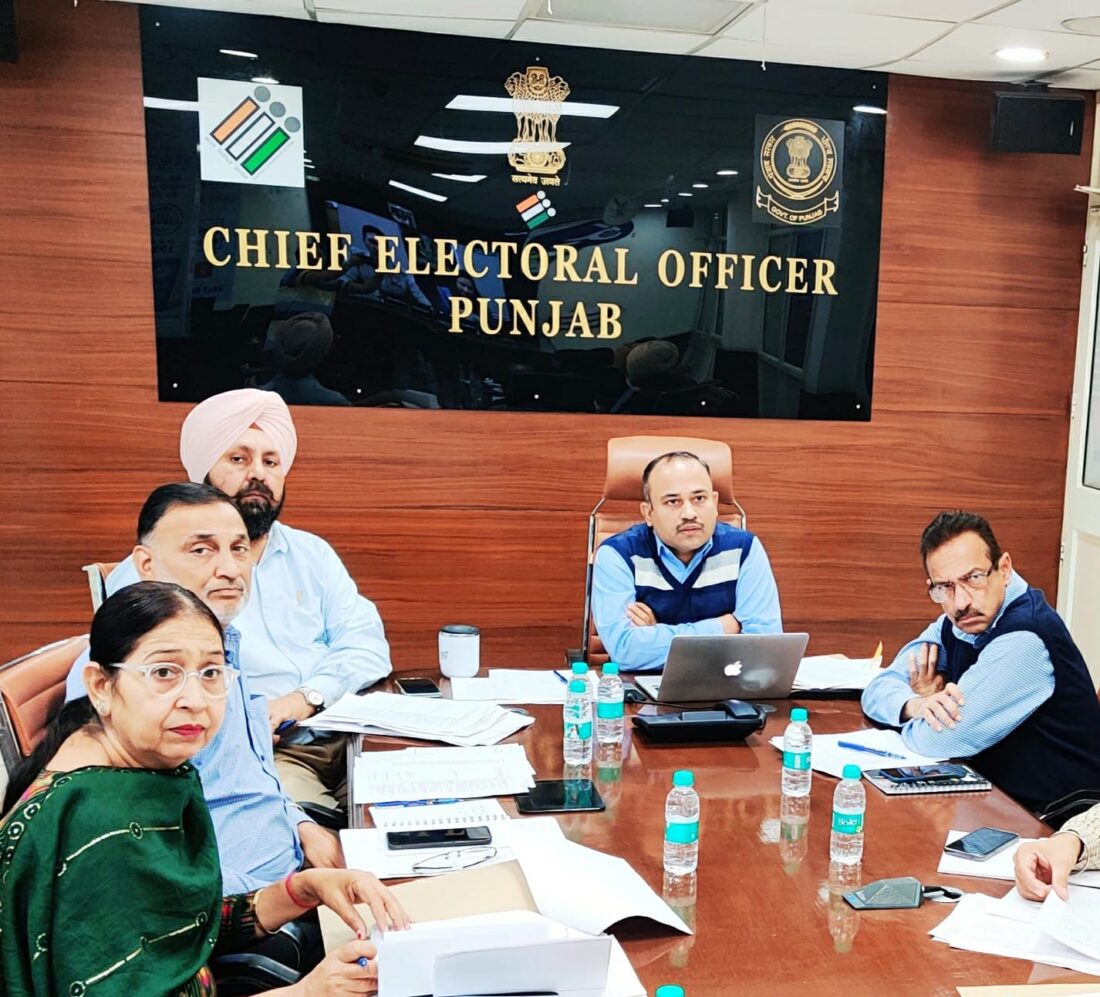North News
New Delhi, November 13
Union Power Minister, Manohar Lal, has urged states to prioritise the development of nuclear power plants and energy storage systems to meet growing electricity demands. Speaking on the country’s energy future, the Power Minister projected that power consumption capacity would rise from 8 GW to 20 GW by 2032, emphasizing the need for nuclear plants in regions distant from coal sources. He recommended that states establish these facilities at sites where coal-based plants have reached the end of their life cycles.
The Power Minister also called for the adoption of Pumped Storage Projects (PSPs) and Battery Energy Storage Systems (BESS) in renewable energy-rich areas to help address peak demand during non-solar hours and facilitate better integration of renewable energy into the grid. He noted that capacity for energy storage should increase from around 5 GW to 27 GW by 2032, supported by the government’s Viability Gap Funding Scheme for BESS with a target of 12 GWh.
The Powr Minister stressed the importance of robust transmission infrastructure, especially for renewable energy evacuation. India currently boasts the world’s largest synchronized grid, but the Minister emphasized that states need to adopt comprehensive plans for intra-state transmission and Green Energy Corridors Phase-III projects. He urged the resolution of Right of Way (RoW) issues for transmission lines and adherence to updated compensation guidelines.
The minister also called for the flexibility of coal-based power plants to operate up to 40% capacity and for the adoption of necessary cybersecurity guidelines in the power sector. He highlighted the urgent need for accurate demand forecasting, considering the rising economic growth.
In his closing remarks, Lal reaffirmed the government’s commitment to achieving 500 GW of non-fossil fuel power by 2030. He reiterated the need for states to align their transmission plans with the Interstate Transmission System (ISTS) to ensure efficient energy delivery.












